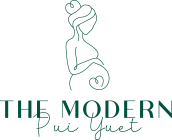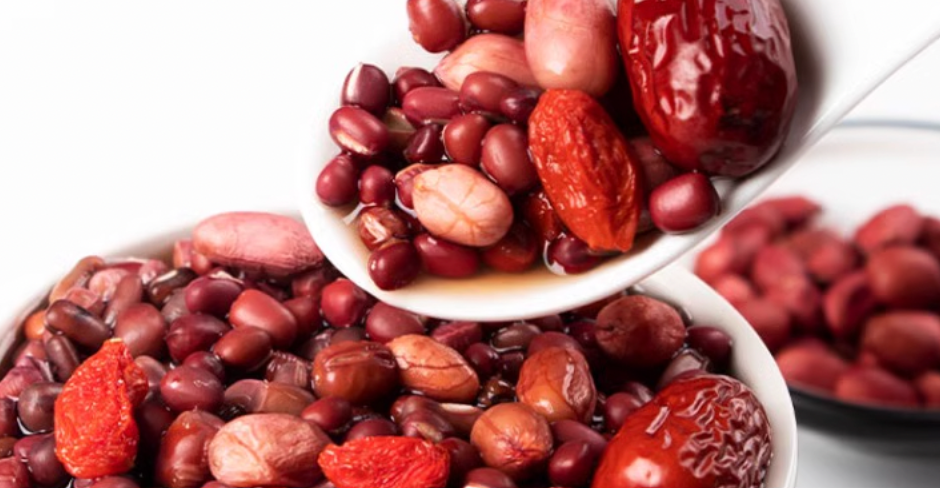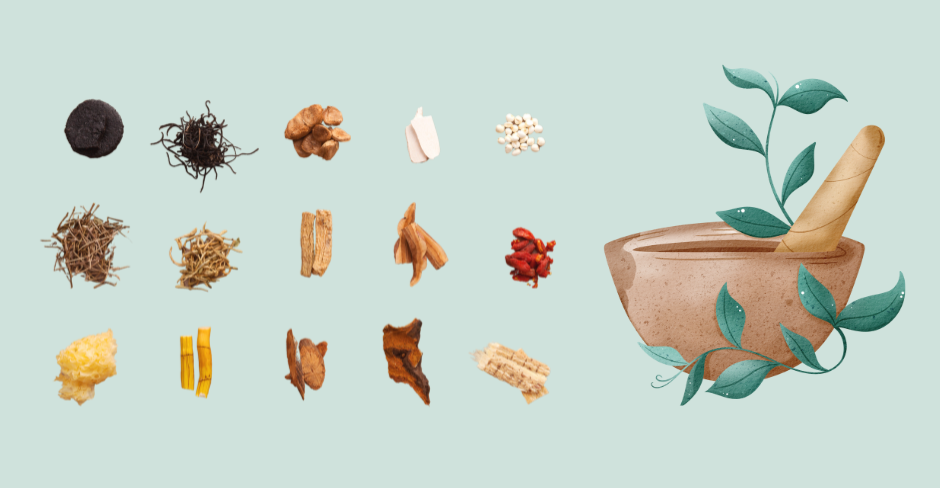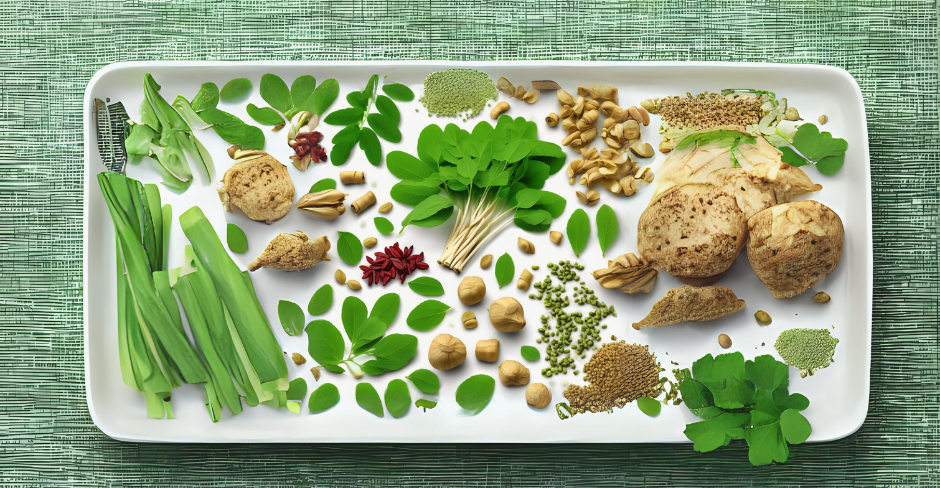
The Science Behind Traditional Herbs for Postnatal Healing
01st Oct 2023
2 mins read
The Science Behind Traditional Herbs for Postnatal Healing
The postnatal period, also referred to as the "fourth trimester," is a critical stage for new mothers. While modern medicine offers many solutions for postnatal recovery, traditional herbs have been used for centuries to aid in healing and restoring strength after childbirth. Let's delve into the science behind some of these time-honoured herbal remedies.
Raspberry Leaf
Raspberry leaf has been traditionally used to support pregnancy and postnatal health due to its rich nutrient content, including vitamins B and C, potassium, and magnesium[^1^]. Modern research suggests that raspberry leaf can help tone the uterus, reducing the length of labor and preventing excessive bleeding after childbirth[^2^].
Fenugreek
Fenugreek is a widely used herb for postnatal care, particularly to stimulate milk production in breastfeeding mothers[^3^]. Scientific research supports this traditional use, with studies showing that fenugreek can significantly increase milk volume[^4^].
Turmeric
Turmeric, with its potent anti-inflammatory compound curcumin, has been used in traditional medicine to promote healing. Recent studies echo this, suggesting that curcumin can help reduce postpartum inflammation and pain[^5^].
Ginger
Traditionally, ginger has been used to help with postnatal recovery by reducing inflammation and promoting digestion. Current research supports ginger's anti-inflammatory properties, and it is also being studied for its potential to alleviate postpartum nausea^6^.
Continuing Traditions in Modern Care
While these herbs have been used traditionally for postnatal care, it's important to remember that every individual's response may vary. Always discuss with a health professional before incorporating any new herbs into your postnatal care routine.
Moreover, while the science behind these traditional herbs is promising, further research is needed to fully understand their mechanisms and potential side effects. The future of postnatal care may well lie in a hybrid approach, combining the wisdom of traditional herbal remedies with the precision of modern medicine.
The postnatal period is a time of healing and bonding with your newborn. By understanding and leveraging the science behind these traditional herbs, we can make this journey a little smoother and healthier for all new mothers.
[^1^]: Raspberry Leaf and Its Effect on Labour: Safety and Efficacy
[^2^]: Raspberry Leaf Tea: A New Aspect to an Old Problem
[^3^]: The Effect of Herbal Tea Containing Fenugreek Seed on the Signs of Breast Milk Sufficiency in Iranian Girl Infants
[^4^]: The Effect of Galactagogue Herbal Tea on Breast Milk Production and Short-Term Catch-Up of Birth Weight in the First Week of Life
[^5^]: Anti-Inflammatory Properties of Curcumin, a Major Constituent of Curcuma longa: A Review of Preclinical and Clinical Research
Written by





